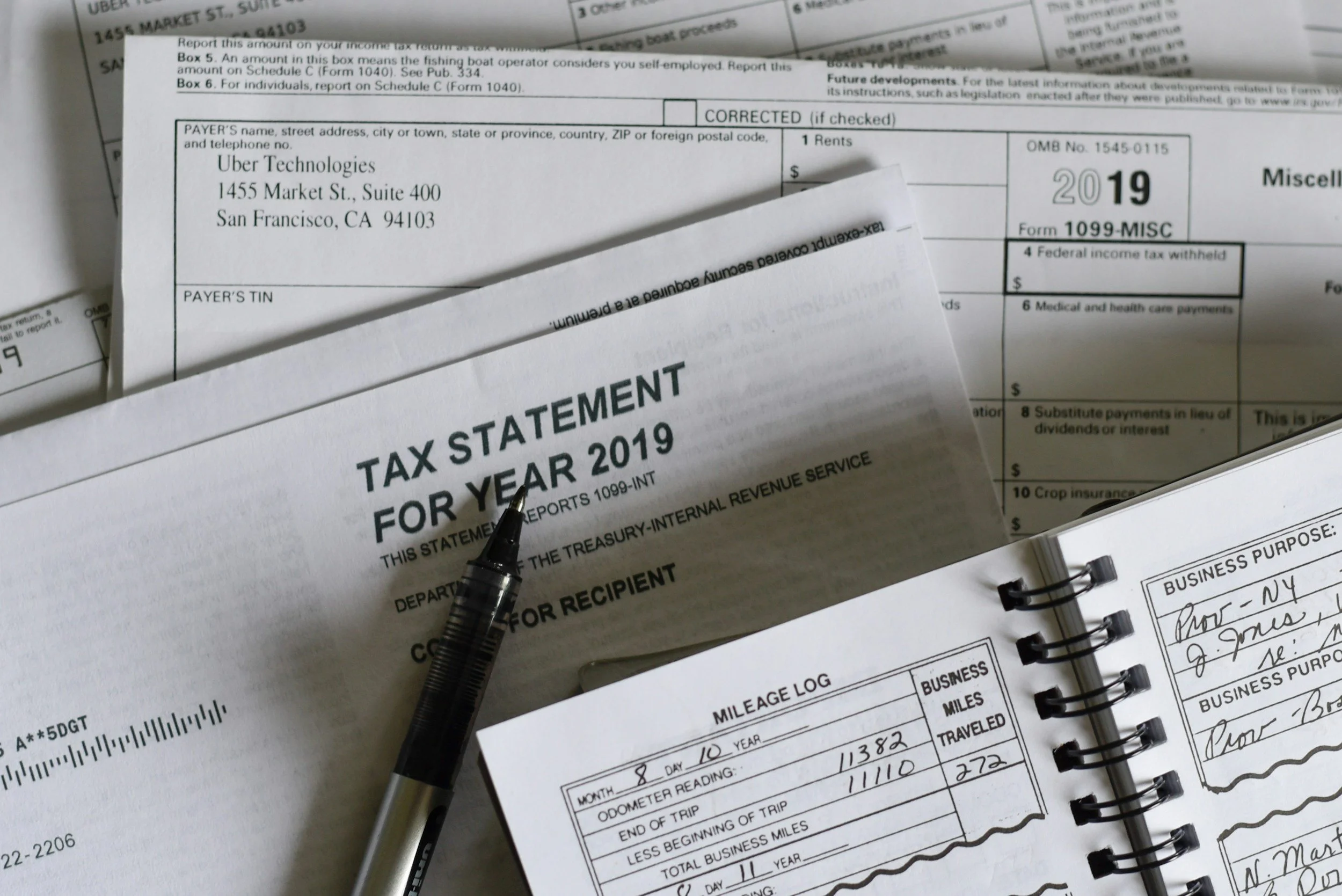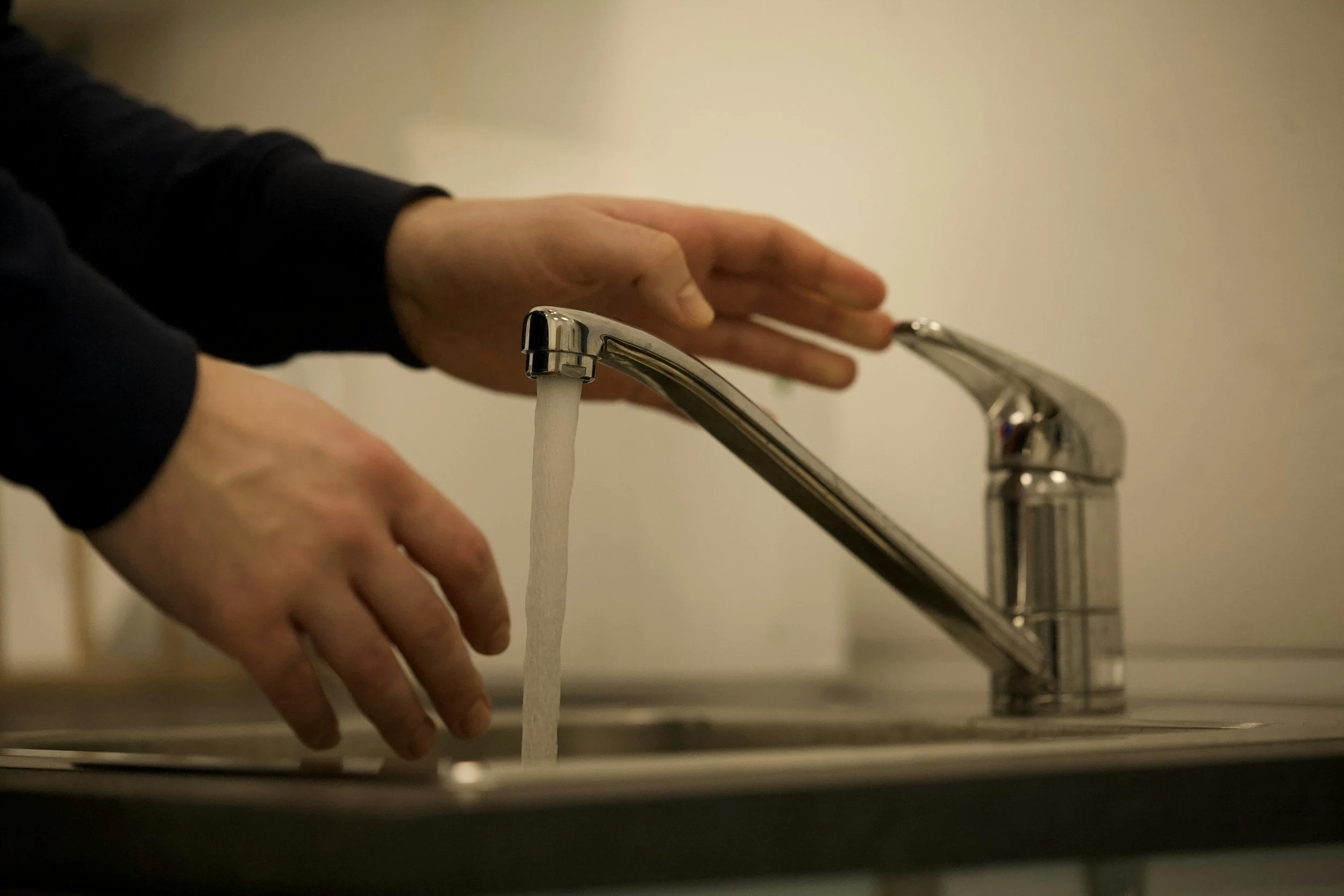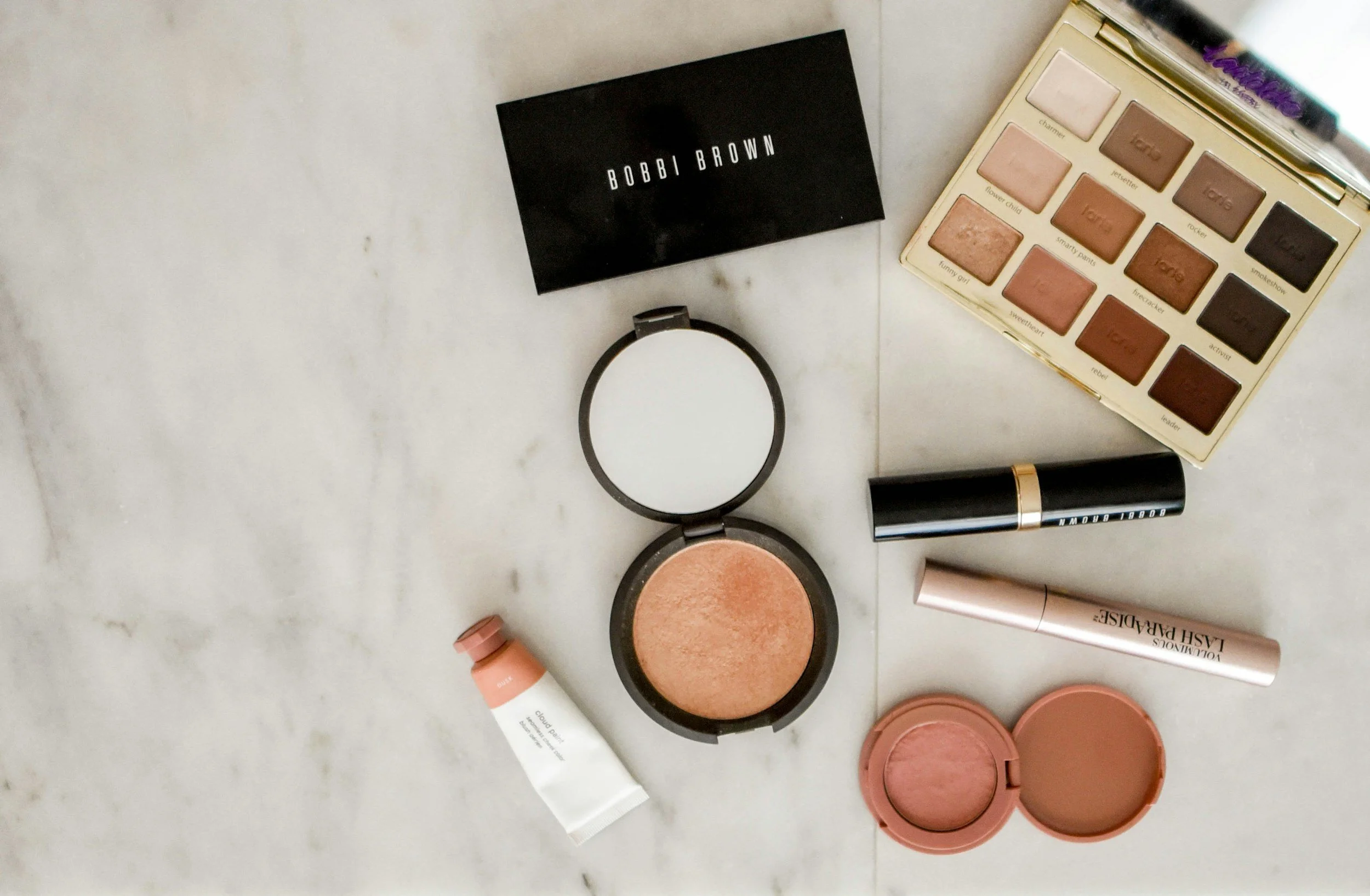Is COVID-19 the Tipping Point Fashion Needs?
Words by Anna Koutelas
Working in fashion, I’ve admittedly become a bit of a nerd in analyzing the sustainability, or lack thereof, in fashion brands. In a world where sustainability is the trendy topic eclipsing all realms of consumerism, from shopping for organic groceries to downloading car-sharing apps, the fashion industry is highlighted as the desire to consume consciously grows.
Photo by Cassell Ferere, Model Chris Lavish
Watching fashion brands find their footing in response to this phenomenon is fascinating (and sometimes painful) to follow. This shift toward sustainability is a source of constant chatter circulating within the fashion industry. On a personal note, however, there is one particular experience that has pushed me to the point of obsession, which was my latest job at one of the top luxury textile designers in France.
Based in Paris, this textile brand has a glistening and historic reputation for designing fabrics for the most prolific haute couture and luxury brands. Working in the atelier, a fantastical mirage of yarn and color, I was surrounded by some of the most beautiful, high quality and expensive fabrics in the world. Each day I watched shipments leave the studio with labels revealing our most exclusive clients: Louis Vuitton, Versace, and Chanel, to name a few. Then one day I saw a label that brought me pause. The company name read “Free People.” As in, the fast-fashion brand, Free People? Huh?
Elle
This didn’t seem right. How could Free People afford our premium fabrics, with prices ranging from 30 euros to 200 euros per yard? Sure, Free People is in a higher echelon than many of its neighboring brands, such as Forever 21, H&M, and Urban Outfitters. However, it’s owned by the same parent company (Urban Inc.) as other fast fashion brands and follows suit in its unsustainable practices, such as manufacturing clothing in offshore sweatshops and polluting oceans with toxic dyes. Free People is, by all standards, a fast-fashion brand. Alas, how is it possible that our fabrics, which skirt down the most discerning, ultra-exclusive catwalks during Paris Fashion Week, can also be seen in the front display of a strip mall?
Perplexed by such a dichotomy, I decided to seek the answer from one of my colleagues who worked the floor above me in the sales department. I expressed my confusion: This brand we work for produces some of the highest quality fabrics in the world; doesn’t it also have a responsibility to sell its fabrics to fashion brands with a similar degree of quality? Do we have a standard for the types of brands we sell to? Do we even care? My colleague seemed to shrink as I asked these questions and responded with a curt “I don’t know.” Although the relationship between this textile brand and Free People was unethical, the conversation was clearly one to be avoided.
The instances of discord continue. In February I worked at Premier Vision, an international textile fair held annually outside of Paris. The walls of our brand’s booth were covered in a bright and alluring pattern of green leaves, communicating an “eco-friendly” aura to passersby. The display was successful in communicating this message, bringing in a multitude of clients inquiring about the brand’s endorsement of sustainability. However, there was a glaring discrepancy undermining the green halo surrounding our booth: Our fabrics are not, by any stretch of the word, sustainable. Our yarns aren’t recycled. The dyes for our yarn aren’t natural. The list goes on. Indeed, the green-leaved haven was curated at face value for marketing purposes. I became deflated that this textile brand was capable of projecting that deceptive self-image, manipulating the appeal of sustainably, purely for a monetary reward.
The Gloss
However, to be clear, the caveat to all of this analysis is that I truly adored my time working for this particular textile company and know they are not singularly to blame. The reason I single them out is to exemplify a larger pattern that most fashion brands are experiencing today, and one I feel compassion for. As consumers’ pressure to purchase their products consciously builds, brands are hustling to keep up, and are experiencing growing pains along the way. Fashion brands are in a flailing race to at least pretend they’re on the sustainable bandwagon, even if in reality, they’re far from it.
So, with the advent of COVID-19, we are faced with this looming question: What effect will this have on the fashion world? The Dutch founder of New York City forecasting agency Edelkoort Inc., Li Edelkoort, regarded as one of the world's most influential trend forecasters, claims that the virus will change the fashion industry forever, offering “a blank page for a new beginning.” She also speaks of a resetting of values and expects the virus to cause a “quarantine of consumption.” This will result in consumers buying less fashion, and when they do buy it, they will question the principles behind the product. Where was the product made? With what materials? If fashion brands want to stay relevant after this virus, they will need to respond to consumers’ refreshed moral code.
Perhaps COVID-19 will be the tipping point fashion needed to reevaluate their ethical code. Maybe this will encourage luxury brands, like the textile brand I worked for, to employ sustainable practices that justify their “eco-friendly” marketing. Additionally, this will be a critical period for fast fashion brands, who have been ridiculed long before the virus hit for their lack of sustainability, to show whether or not they can adapt to this changing climate in consumerism. The depths to which the fashion industry will be analyzed will be expansive, multi-dimensional, and will impact players in the industry at all tiers, from fast fashion to luxury.
Photo by Cassell Ferere, Model Chris Lavish
As a young woman who both consumes and works in fashion, this shift makes me feel hopeful and excited about the future of the industry. Once the storm of the virus eventually calms, brands will have the opportunity to rewrite their narratives and show consumers where their values lie. The sustainability movement is a constant work in progress, and brands can’t shift their values overnight. However, COVID-19 will act as a catalyst for fashion brands to move toward sustainability more quickly and with more urgency than ever before. Stepping into the future, I see a light at the end of the tunnel- and it shines green.
COMMENT OR TAKE OUR PAGE READER SURVEY
Featured











When investing in quartz countertops, choosing the right warranty and care package is just as important as selecting the color and finish.